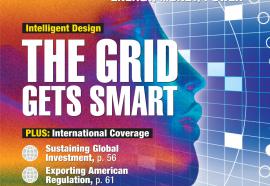The Rise of Distributed Energy Resources: Calling on the Lilliputians
Is DER competitive with traditional utility investments, and if so, what are the costs and benefits?
Utilities must make hard tradeoffs regarding which distribution investments offer the greatest value. How should they quantify DER as integrated into the grid?









